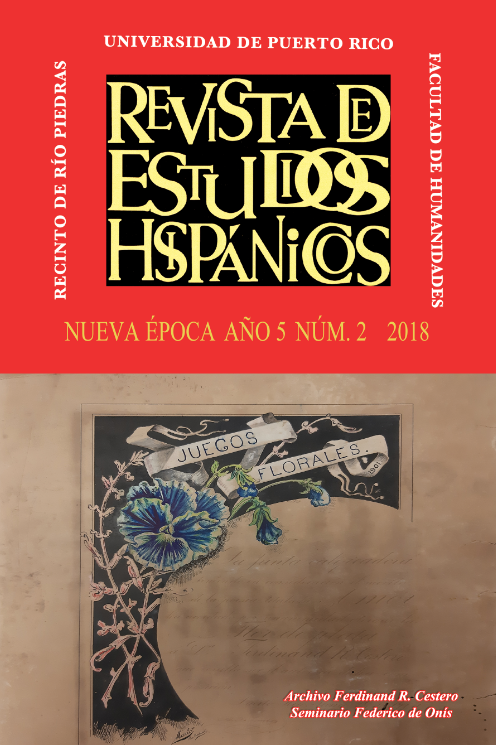Abstract
This essay explores how the experiences of Hugo Graubel, a character in Mayra Santos-Febres‘ Sirena Selena vestida de pena, lead him to identify the eponymous protagonist as Sirenito. The masculinization of his name appears strange, as Sirena is in reality an adolescent better known for his performances as a diva. An analysis of Hugo‘s sexual behaviors indicates the repressive influence of social norms and his longing for the partner who allows him to recover from the trauma of his past. It is demonstrated that Sirena is that individual, a representation of the teenage Hugo and object of the magnate‘s search. The boy‘s femininity also plays a role in his allure, contributing to the illusion of Sirena as a female lover. Upon considering his story, it is revealed why the young man decides to reject Hugo‘s proposal; such a relationship would have ended Sirena‘s independence as a performer and sexual partner.This work is licensed under a Creative Commons Attribution-NonCommercial 4.0 International License.
Downloads
Download data is not yet available.

